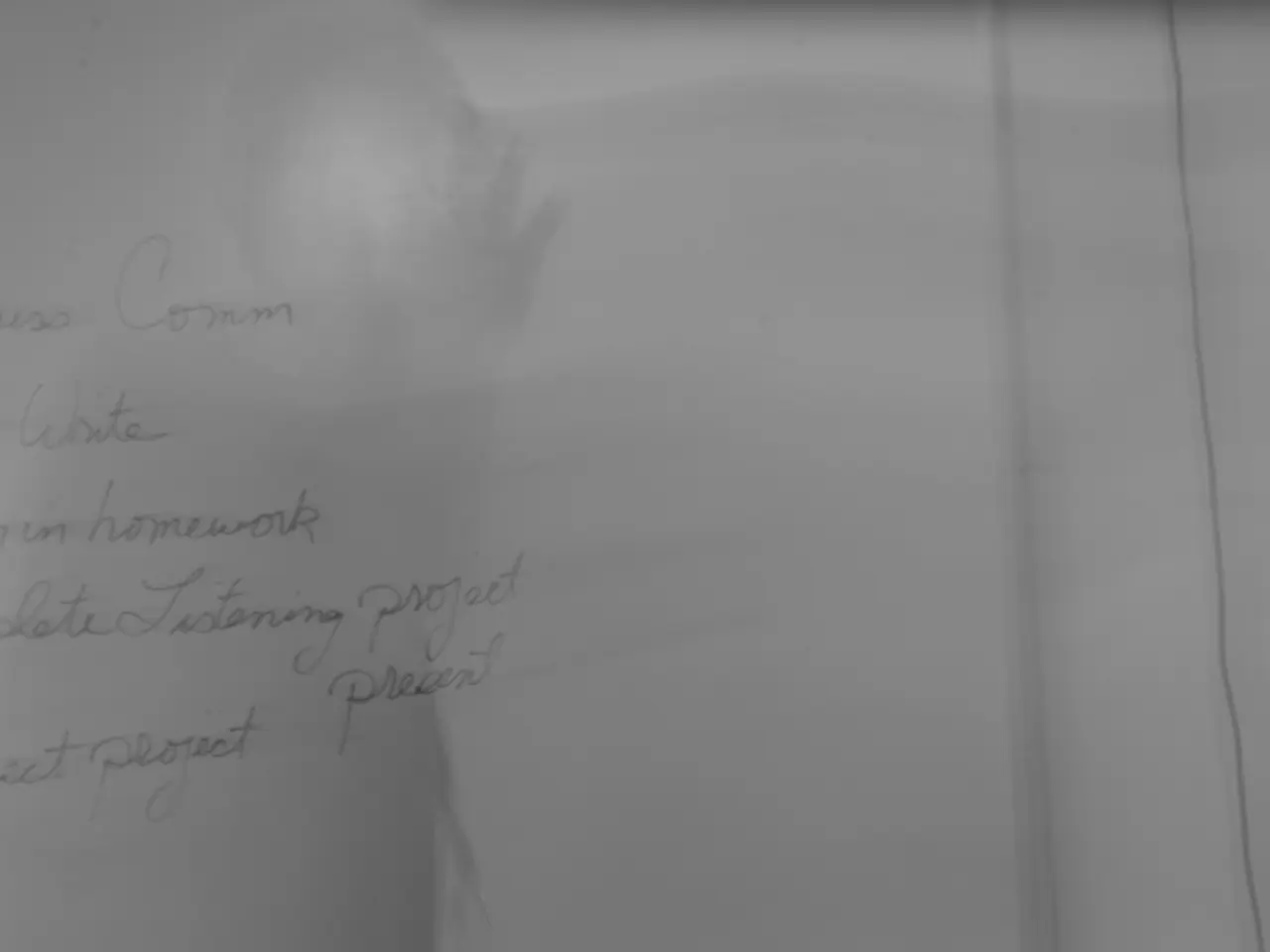Customs and border restoration received criticism from Bektenov
Kazakhstan has announced measures to counteract the potential negative effects of the U.S. tariffs on certain exports. These tariffs, amounting to 25%, have been imposed on specific goods such as ferrosilicon and phosphorous products, affecting approximately 4.8% of Kazakhstan’s total exports to the U.S.
At a government briefing, Minister of Trade and Integration Arman Shakkaliev spoke about the impact of these tariffs. He emphasized the non-standard nature of the situation caused by the U.S. tariffs on Kazakhstan exports, stating that it violates international commitments.
The Ministry of Trade in Kazakhstan has proposed specific measures aimed at deepening and expanding trade turnover, rather than regressing. These measures are under discussion, with negotiations ongoing between Kazakhstan and the U.S.
The impact of these tariffs on domestic business and prices in Kazakhstan is still uncertain. Producers of the affected products may face reduced competitiveness in the U.S. market due to increased costs, potentially leading to lower export volumes or pressure to reduce export prices domestically. However, since only a small fraction of exports are affected, the overall impact on Kazakhstan’s economy appears limited.
The tariffs directly reduce Kazakhstan's export turnover of the affected products to the U.S., but the overall trade turnover with the U.S. should remain relatively stable due to the majority of Kazakhstan’s key exports remaining unaffected.
Kazakhstan has actively engaged in bilateral negotiations with the U.S. to seek mutually beneficial trade terms, supply-chain sustainability, and fair market access in response to these tariffs. Both sides have expressed readiness to continue talks aiming to find solutions balancing each country’s interests.
In summary, while the 25% tariffs on ferrosilicon and phosphorus exports present a challenge for those specific sectors, their impact on Kazakhstan’s entire export economy and trade with the U.S. is relatively limited at this stage, and ongoing diplomatic efforts may mitigate longer-term effects.
[1] Ministry of Trade and Integration of the Republic of Kazakhstan. (n.d.). Information on the U.S. tariffs on Kazakhstan. Retrieved from https://www.mod.gov.kz/ru/news/informatsiya-o-tarifakh-ssha-na-kazahstan
[2] U.S. Trade Representative. (n.d.). Kazakhstan: Action Taken in Response to Determination of Action Pursuant to Section 201 of the Trade Act of 1974. Retrieved from https://ustr.gov/sites/default/files/enforcement/301investigations/actions/2022/kazakhstan_20221202.pdf
[3] World Trade Organization. (n.d.). Rules regarding customs duties. Retrieved from https://www.wto.org/english/tratop_e/tared_e/tared_e.htm
- The 25% U.S. tariffs on specific exports like ferrosilicon and phosphorous products are causing concern in the finance sector, as they may impact Kazakhstan's business profits and general-news outlets are closely monitoring these developments.
- The Ministry of Trade and Integration's proposed measures aim to safeguard Kazakhstan's business interests, not just in the affected sectors, but also overall, in light of the U.S. politics and international trade commitments at stake. These negotiations are not only about economics but also about supply-chain sustainability and fair market access.




